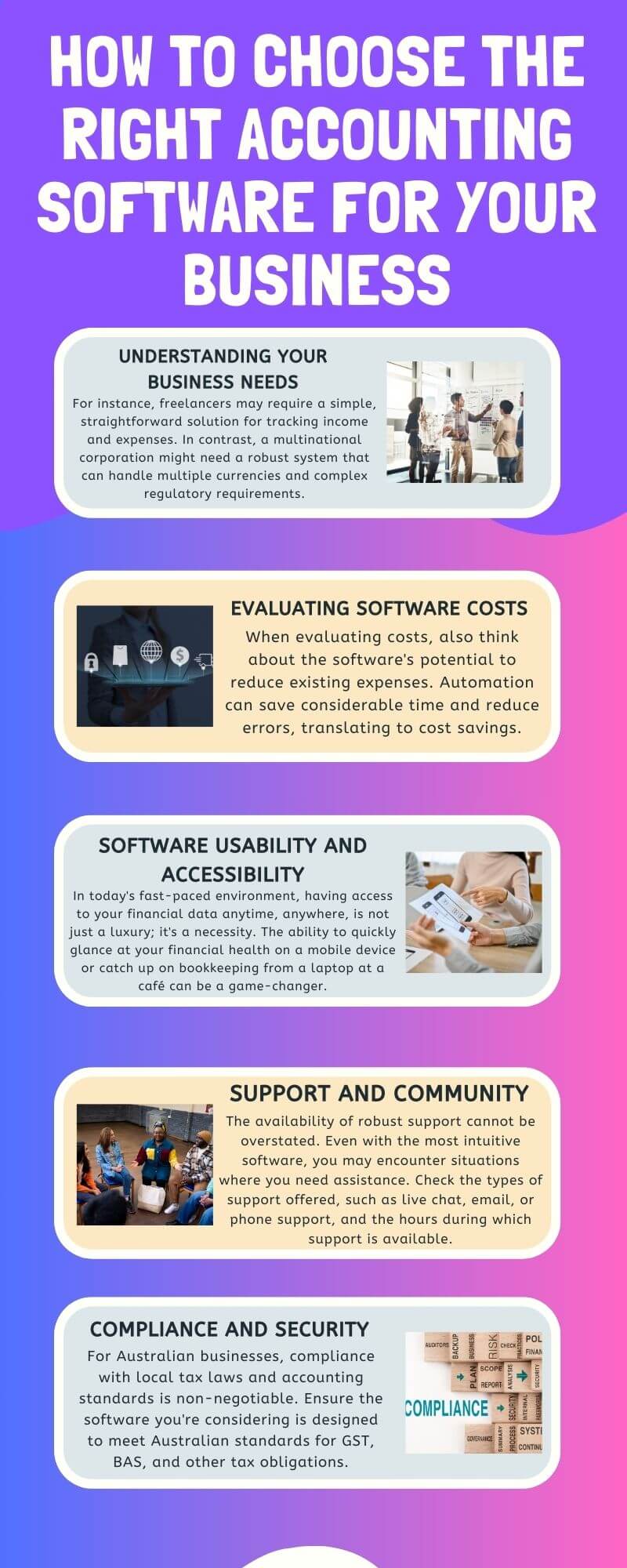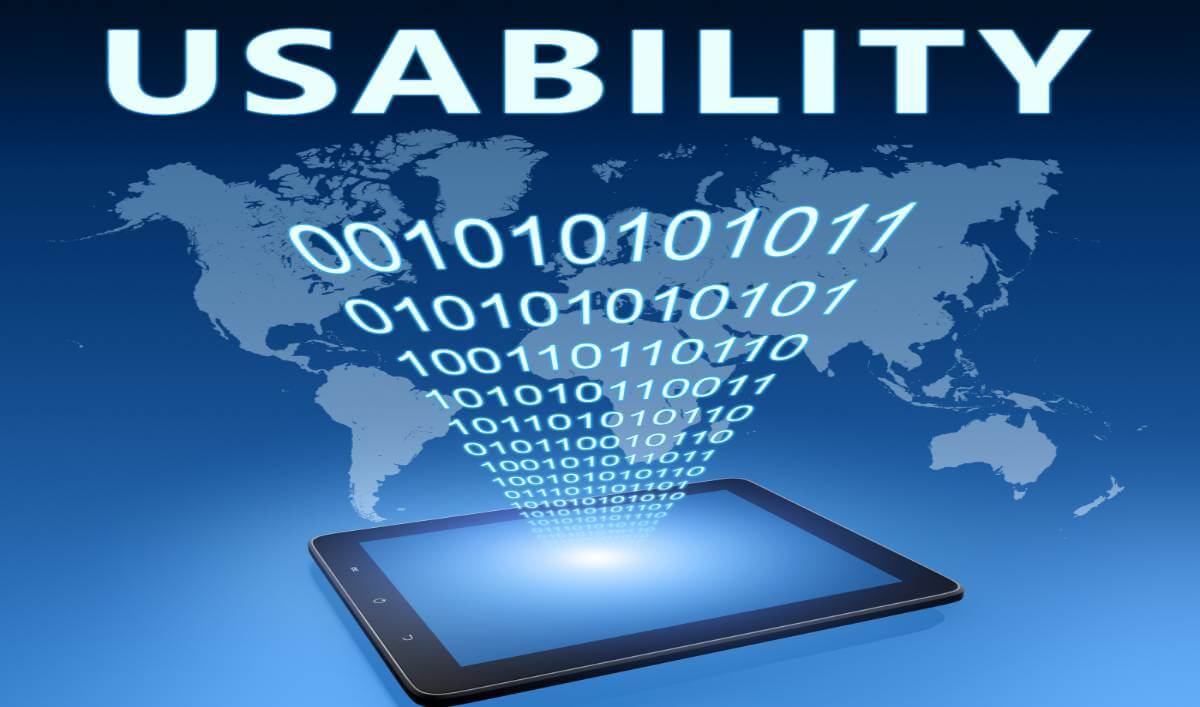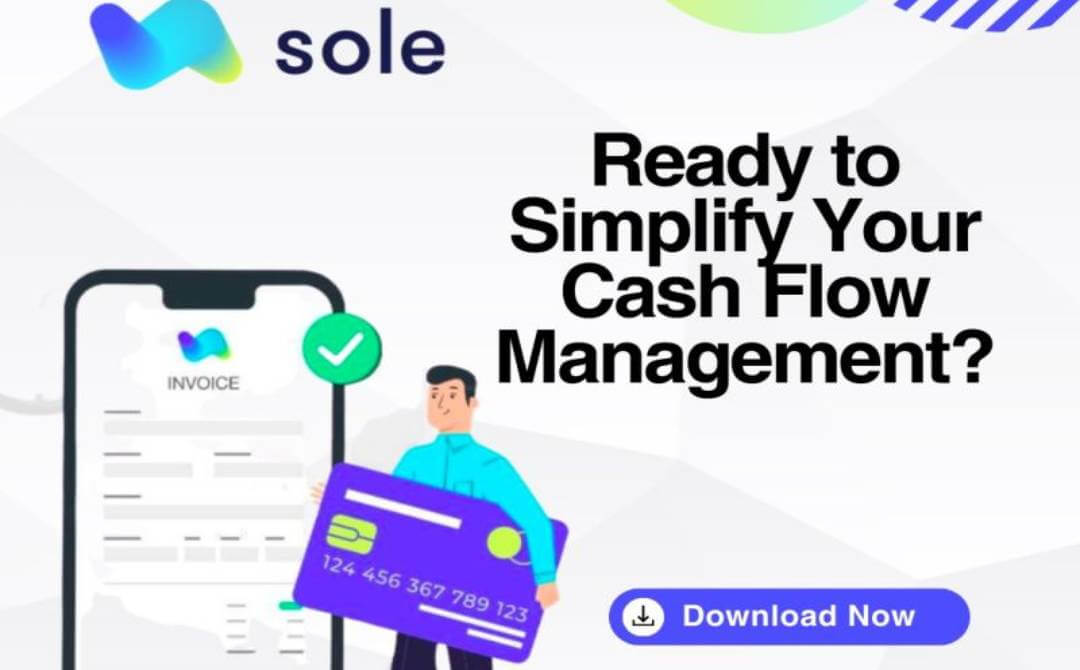In the dynamic world of business, the adage “time is money” has never been more pertinent, especially when it comes to managing your finances. The right accounting software doesn’t just help keep your books in order; it can be the backbone of your business’s financial health, offering insights and efficiencies that go beyond traditional bookkeeping.
As technology continues to evolve, the market floods with options, each promising to be the solution to all your accounting challenges. However, the key lies not in finding the best accounting software universally but in finding the right one for your business.
Understanding Your Business Needs
Before diving into the sea of available accounting software, take a step back and assess your business’s unique needs. Are you a sole trader, a bustling start-up, or a well-established entity? The scale of your operations will heavily influence your software needs.

For instance, freelancers may require a simple, straightforward solution for tracking income and expenses. In contrast, a multinational corporation might need a robust system that can handle multiple currencies and complex regulatory requirements.
Also Read: The Future Of Remote Work: Strategies For Sole Traders
Scalability is another critical factor. As your business grows, your accounting software should grow with you. Investing in a system that can adapt to your changing needs will save you the hassle and expense of switching platforms. Furthermore, consider the specific features you need. While some businesses may prioritise inventory management, others might find value in time-tracking capabilities for billing purposes.
Key Features To Look For
When narrowing down your options, there are several key features to consider that can make or break your experience with accounting software:
- Automation: The best accounting software should take the grunt work out of bookkeeping. Look for options that automate repetitive tasks such as invoicing, expense tracking, and financial reporting.
- Integration: In today’s interconnected world, your accounting system should play well with other software you use. Whether it’s your CRM, e-commerce platform, or payroll system, seamless integration can streamline your operations.
- Security: With cyber threats on the rise, the security of your financial data cannot be overstated. Ensure the software you choose has robust security measures in place to protect your information.
- User Interface: A complex system might offer every feature under the sun, but if it’s not user-friendly, you’ll likely spend more time wrestling with it than benefiting from its capabilities. A clean, intuitive interface is crucial.
- Support and Training: Even with the most straightforward software, questions and issues can arise. A responsive support team and comprehensive training resources can significantly enhance your user experience.
Evaluating Software Costs
Understanding the pricing structure of accounting software is vital. Some platforms operate on a subscription basis, offering different tiers based on the features or support level you require. Others might present a one-time purchase price, but be wary of additional costs for updates or extra services.

Consider your budget carefully and weigh the long-term value against the initial outlay. Many providers offer a free trial period, which can be an excellent opportunity to assess whether the software meets your needs without committing financially.
Also Read: Navigating International Tax Laws For Australian Sole Traders
When evaluating costs, also think about the software’s potential to reduce existing expenses. Automation can save considerable time and reduce errors, translating to cost savings. Thus, a more expensive option might actually be more cost-effective in the long run if it significantly improves your business efficiency.
Software Usability And Accessibility
In today’s fast-paced environment, having access to your financial data anytime, anywhere, is not just a luxury; it’s a necessity. The ability to quickly glance at your financial health on a mobile device or catch up on bookkeeping from a laptop at a café can be a game-changer. Look for software that offers both desktop and mobile options, with a consistent user experience across platforms.

The software’s usability extends beyond its accessibility. A steep learning curve can deter you and your staff from making the most of its features. Select a platform that matches your technical proficiency and offers clear, comprehensive guides and customer support to help you navigate any challenges.
Support And Community
The availability of robust support cannot be overstated. Even with the most intuitive software, you may encounter situations where you need assistance. Check the types of support offered, such as live chat, email, or phone support, and the hours during which support is available. Remember, the responsiveness and quality of support can significantly impact your user experience.
Additionally, a vibrant user community can be an invaluable resource. Other users can offer practical advice, workarounds for common issues, and insights into making the most of the software. Check if the software provider facilitates a community forum or user groups.
Compliance And Security
For Australian businesses, compliance with local tax laws and accounting standards is non-negotiable. Ensure the software you’re considering is designed to meet Australian standards for GST, BAS, and other tax obligations. The ability to generate compliant reports and statements will make tax time far less daunting.

On the security front, confirm that the software employs rigorous data protection measures. This includes encryption, two-factor authentication, and regular security audits. With financial data being particularly sensitive, settling for anything less could put your business at risk.
Real-World User Reviews And Feedback
One of the best ways to gauge the effectiveness and reliability of accounting software is through the experiences of other users. Look for independent reviews and testimonials to get a sense of the software’s performance in real-world scenarios. Pay attention to comments about usability, customer support, and any issues users may have encountered.
Also Read: Innovative Marketing Strategies For Small Businesses In 2024
However, take overly positive or negative reviews with a grain of caution. Aim to get a balanced view by reading a wide range of opinions. Remember, what works for one business might not suit another, so focus on the feedback that aligns with your specific needs.
Making The Final Decision
Choosing the right accounting software for your business is a significant decision that requires careful consideration of your needs, budget, and the most important features. Don’t rush the process. Make use of free trials to test how well different software solutions fit with your business operations. Evaluate how each option could grow with your business and the transition from your current system.

Conclusion: Sole’s New ‘Free Forever’ Access
Sole stands out as a tailored solution for Australian businesses in a landscape filled with numerous accounting software options. Designed with the needs of sole traders, freelancers, and small businesses in mind, Sole combines essential features with an intuitive interface and robust security measures. The introduction of Sole’s ‘Free Forever’ access underscores its commitment to supporting Australian businesses through both prosperous and challenging times.
This new subscription tier allows users to manage their finances and access invoices, quotes, and bank feeds, all at no cost. It’s an opportunity for those contemplating the shift from spreadsheets or looking for a budget-friendly accounting solution to experience the benefits of specialised software without financial commitment.
Choosing the right accounting software is a pivotal step towards financial clarity and efficiency in your business. With Sole’s ‘Free Forever’ access, Australian businesses now have one more compelling option to consider in their search for the perfect accounting solution.


